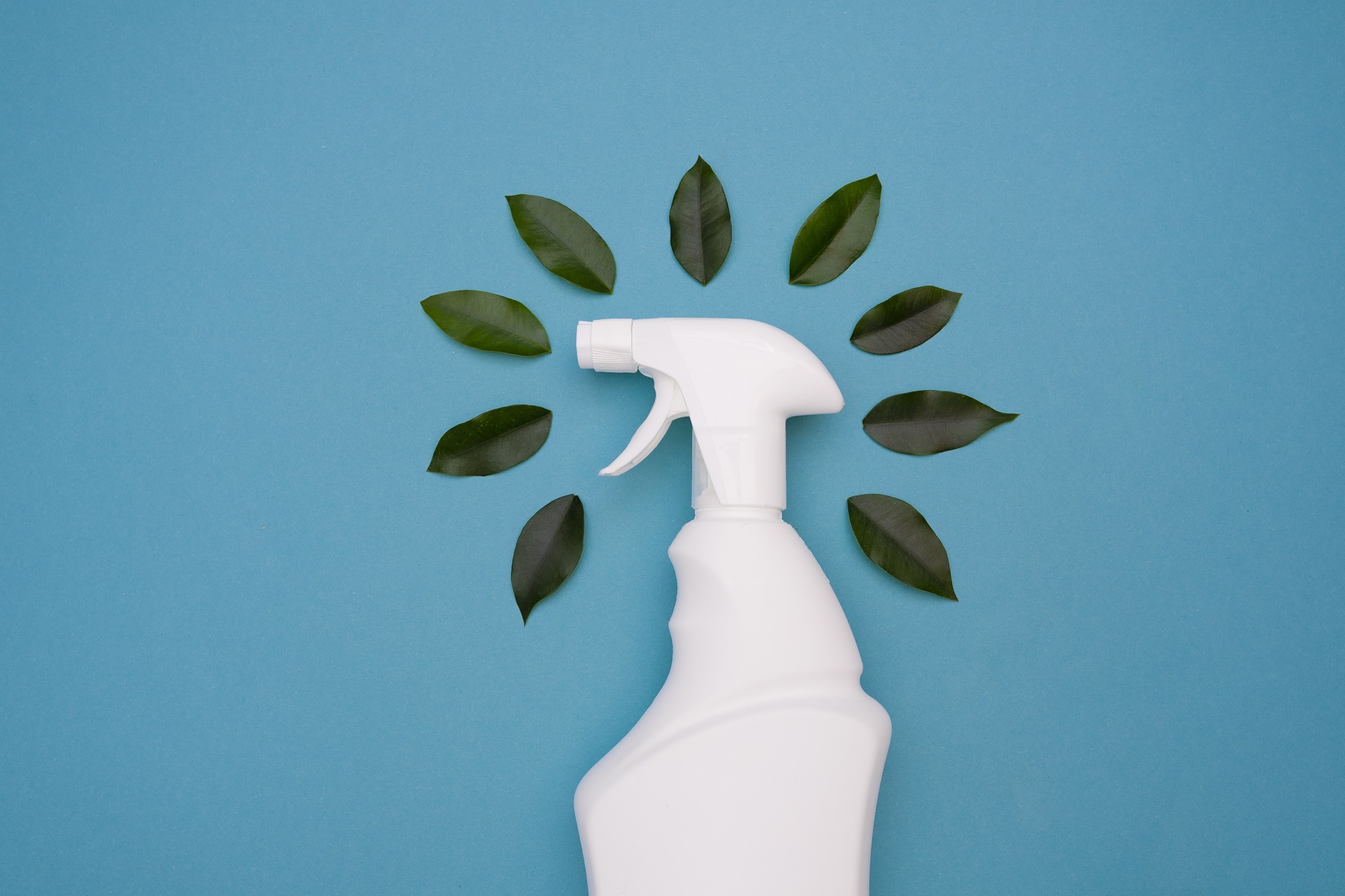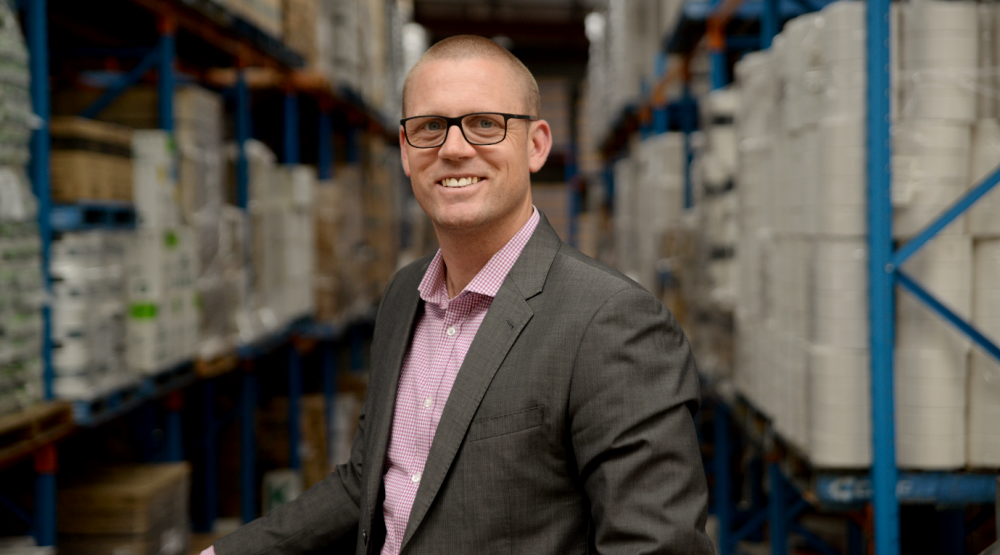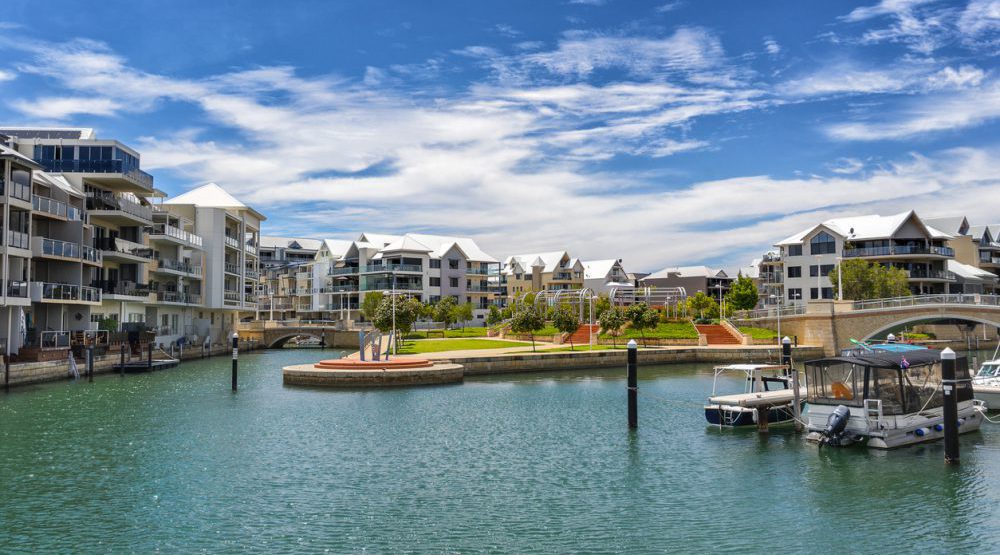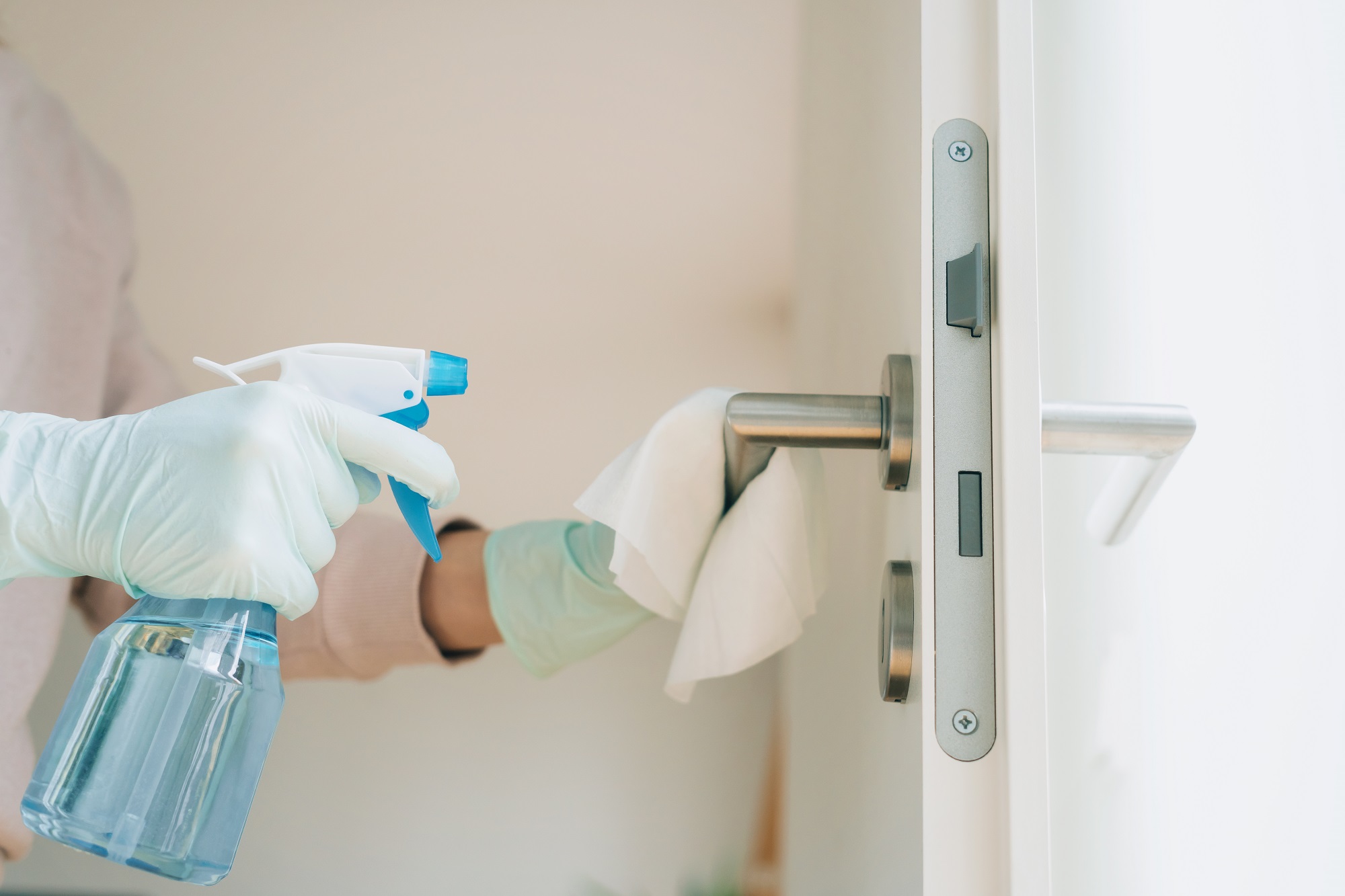
Ethical sourcing and smart technology solutions will be in the spotlight in 2023 as cleaning companies and facility managers seek to improve their procurement outlook.
For those companies hoping that their supply-chain and procurement woes will ease this year, Kim Puxty issues a reality check.
The CEO of the Building Service Contractors Association of Australia (BSCAA) says cleaning operators can expect costs for essentials such as machinery, chemicals and consumables to rise over and above forecasts. Such inflationary pressures will inevitably make it difficult for contractors to meet fixed-priced contracts for terms of three years or more.
“In the current climate, it is becoming impossible for cleaning contractors to enter into ‘fixed-priced’ contracts,” Puxty says.
“The costs for equipment and chemicals are constantly on the rise and the percentage increases vary. A 3 per cent fixed-price increase will not cover increasing costs.”
This procurement truth underlines the importance of cleaning contractors having trusted and transparent relationships with their suppliers so they can ensure supply – and not always chasing the lowest-cost items. Puxty advises:
- dealing with suppliers that have multiple distribution centres and can service areas other than the metropolitan centres
- ensuring contractors and their suppliers have robust systems in place to ensure compliance with Modern Slavery legislation, environmental, social and governance (ESG) principles, and indigenous engagement
- increasing the use of technology to streamline ordering and dispatch processes.
In the United States, cleaning industry veteran Steve Ashkin, founder of The Ashkin Group, says companies should continue to “plan for the worst and hope for the best” when it comes to procurement in what are very complex global markets.
“That remains a good business strategy,” he says. “We should anticipate supply-chain disruptions for a lot of reasons and, candidly, shame on us if we don’t plan for it.”
While he supports the notion of building robust relationships with vendors and partners, Ashkin warns against getting “too comfortable”.
“There’s a lot of value in building really strong relationships, but it’s important for procurement people to really search out other sources of supply. Don’t put all your eggs in one basket.”
In addition to sourcing locally, Ashkin is an advocate of streamlining warehouse distribution and maintaining higher levels of inventory to offset the risk of shipping delays. However, he concedes that there can be a “real cost” to doing so.
“When we talk to clients, we discuss what are the critical items that they need,” he says. “They don’t perhaps need the same inventory levels across the board, but really it’s about identifying the things that can harm a business if supplies don’t show up that day.”
Sustainability on the agenda
In addition to ongoing supply-chain issues, 2023 is likely to be another year in which sustainability and ethical sourcing is on the minds of company leaders.
Bronwyn Capanna, executive director of Accord Australasia, the peak body representing the hygiene, personal care and specialty products industry, expects one of the key procurement trends to be the increasing scrutiny of companies’ environmental and social performance.
“In addition to considerations of price, efficacy and quality, suppliers in the cleaning sector will need to demonstrate their ESG credentials to support their customers’ goals in these important areas. For example, I expect increasing demand for lower environmental impact chemicals, sustainable packaging solutions and evidence of businesses’ social licence to operate. Increasingly, too, will be the demand for low- or zero-emissions solutions.”
Capanna believes that “in a time of ongoing supply-chain disruption and cost pressures, there is a real opportunity for cleaning companies to shore up partnerships with trusted and reputable product suppliers for the long-term advantage of both”.
Ashkin, renowned for his green cleaning credentials, says sustainability is an issue “whose time has come” and is part of the requirement of doing business. “It’s not because of some government mandate or people like me who are true believers. It really is a way of doing business that’s being driven by our customers.”
He urges companies to see sustainability and ethical sourcing as an opportunity – to reduce their use of energy and water and cut down on the production of solid waste, while also driving labour efficiencies.
“Sustainability is about how we find ways to be more efficient at what we do. It’s just good business.”
Tech to the fore
As cleaning contractors seek to finetune their procurement processes, technology and e-commerce strategies will also be crucial.
Capanna says “Industry 4.0 is upon us”. “This offers an opportunity for all businesses to consider where technologies and digitisation can improve their operations, or offer insights. Digitised supply chains can help businesses understand and manage the complexity and risk of increasingly global supply chains.”
For example, she says smart, autonomous information systems can analyse information and adapt to changes — such as delayed shipments or modified orders — and proactively develop a solution. At the same time, digital and artificial intelligence technologies can drive efficiencies for businesses by assisting procurement professionals with demand planning, optimisation of buying decisions and order tracking, increasing transparency around procurement spending, and reducing procurement costs. “Importantly, it can also be used to track ESG metrics relating to suppliers to inform socially and environmentally responsible procurement. All of these have the potential to identify opportunities and improve company productivity and performance.”
Puxty says it is clear there has been “an intensification” of technology and e-commerce in the cleaning industry.
“Technology enables cleaning contractors to better manage their inventory by giving them better visibility into inventory levels and alerting them when chemicals and consumables may be running low on stock and need to be reordered. Given rising material costs, both technology and e-commerce play an increasingly important role in assisting cleaning companies in streamlining their purchases, thus becoming more effective and efficient with their purchasing and managing costs.”
Modern Slavery conundrum
An additional big, ongoing topic on the procurement front is adherence, or otherwise, to Modern Slavery Act laws for businesses operating in Australia with a turnover of $100 million or more.
While the 2018 Act is designed to encourage companies to tackle forced labour and slavery-like conditions in their operations and supply chains, there are signs that more needs to be done. According to a report from a coalition of human rights groups, called Paper Promises? Evaluating the Early Impact of Australia’s Modern Slavery Act, 77 per cent of more than 100 companies whose modern slavery statements were reviewed failed to meet the basic reporting guidelines. Just 27 per cent of companies appeared to be taking some form of “effective action” to reduce modern slavery risks.
While the study did not include cleaning companies, the findings are pause for thought for all industries.
Capanna says that, although mandatory reporting under the Modern Slavery Act does not apply to all players in the cleaning space, especially given the numerous small operators in the industry, many will have experienced its effects, especially if supplying or contracting to a larger organisation.
“The focus on Modern Slavery provides an opportunity for all businesses to shine a spotlight on human rights within their organisation and supply chains. But the challenge is for businesses to avoid making this a ‘tick and flick’ exercise and to genuinely interrogate their operations and supply chain and put in place robust systems to address identified risks.”
Puxty agrees that, given that the majority of cleaning companies are small and medium-sized enterprises, they will not in themselves be reporting entities. Their issue will be providing information and evidence to their clients who have to report. Small and medium businesses ideally will still need to:
- review their suppliers and supply chain
- look for any gaps in their supply chain
- have a Modern Slavery policy and prepare a compliant statement
- develop systems to ensure they can comply with their client’s Modern Slavery audits and requests for information.
Too often, Ashkin believes, people only think about Modern Slavery in terms of “children making sneakers and soccer balls” in developing countries. For the cleaning industry and facility managers, it is important to have transparency around procurement and services contracts so that there is clarity around how much suppliers pay their workers, what benefits they receive and, perhaps most importantly, what are their workplace injury rates and retention levels.
“This really provides a better insight. If companies hire and train people, do they stick around for a year, or is there something with that company which means they’re gone after a week?”
Ashkin says the aim for the cleaning industry should be to get valuable metrics that can be applied “to lift up our industry and to take care of our frontline workers and to make our customers pay for that.”
This process, he adds, is one element of strategic planning for companies that should include superior procurement strategies.
“We run businesses,” Ashkin says.
“We’re not doing this as a hobby and we’ve got to get good at it. We have to be good at this and understand that this is a risk for our business.”
This first appeared in the March/April issue of INCLEAN magazine
For those interested in joining the ISSA Sustainability Committee, visit www.research.net/r/issa-sustainability-committee.
Comment below to have your say on this story.
If you have a news story or tip-off, get in touch at info@incleanmag.com.au
Sign up to INCLEAN’s newsletter.





